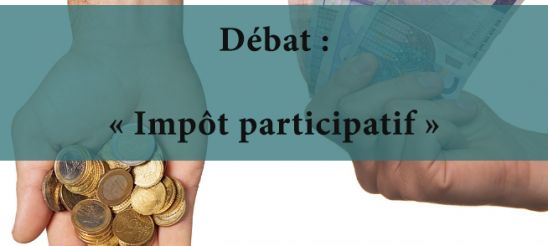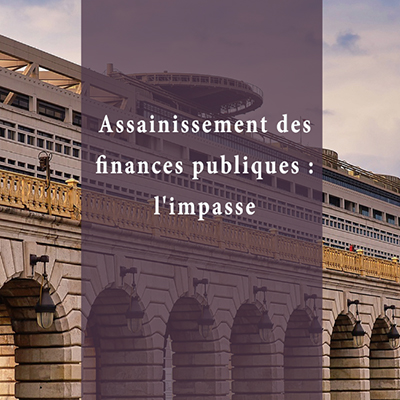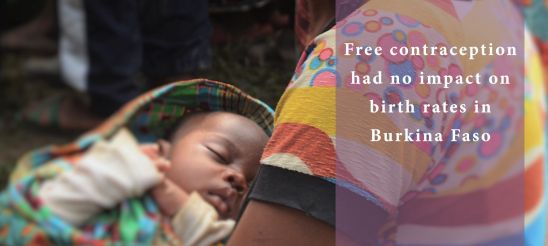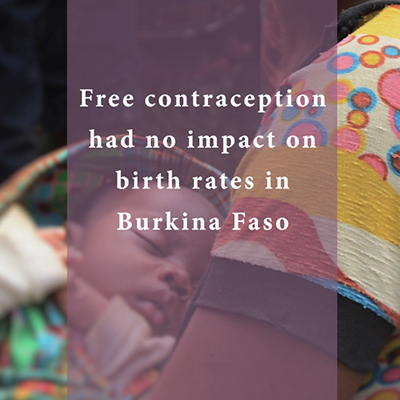Samedi 24 août 2024
Une interview de Pierre Boyer pour le Journal La Croix.
21/08/2024
Une interview de Pierre Boyer pour le Journal La Croix.
21/08/2024
Une tribune de Pierre Rousseaux pour le journal Les Échos
Publiée le 7 août 2024
Une tribune de Pierre Rousseaux pour le journal Les Échos
Publiée le 7 août 2024
CEPR_DP19355, The Lifecycle of Protests in the Digital Age By Pierre Boyer, Germain Gauthier, Yves Le Yaouanq, Vincent Rollet and Benoit Schmutz
Journal of Human Resources (Vol. 59, Issue 4), Do Skilled Migrants Compete with Native Workers?Analysis of a Selective Immigration Policy, Sara Signorelli
Revue française d’économie (2024/1 _Vol. XXXIX), pages 81 à 124) : Inégalités de revenu et de patrimoine : modèles, données et perspectives croisées, Stéphane Auray, Aurélien Eyquem, Bertrand Garbinti, Jonathan Goupille-Lebret
VoxDev: Free contraception had no impact on birth rates in Burkina Faso
An article co-written by Pauline Rossi, Pascaline Dupas, Seema Jayachandran and Adriana Lleras-Muney
Published 24.07.24
VoxDev: Free contraception had no impact on birth rates in Burkina Faso
An article co-written by Pauline Rossi, Pascaline Dupas, Seema Jayachandran and Adriana Lleras-Muney
Published 24.07.24







